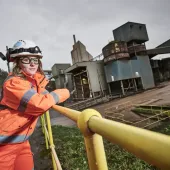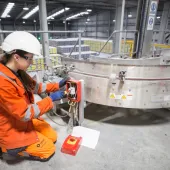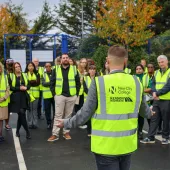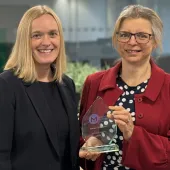How Can Mentors Help Shape Quarrying’s Future?
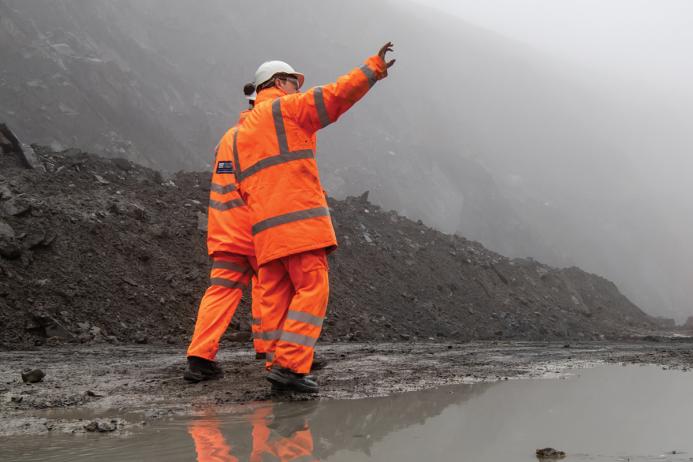
First published in the April 2020 issue of Quarry Management
Julian Smallshaw explains how understanding what differentiates a mentor from a coach is key to unlocking the latent resource that lies buried within the existing mineral products workforce
Understanding what differentiates a mentor from a coach is key to unlocking the latent resource that lies buried within the existing mineral products workforce. That is according to Julian Smallshaw, head of education and standards at the Institute of Quarrying (IQ).
The Institute of Quarrying is the industry body which champions the continuing professional development of quarry workers. The Personal Effectiveness segment of the IQ Skills Wheel explores how to evaluate personal strengths and weaknesses in order to develop individual career pathways. Mentoring is an important aspect of personal development for both the mentor and the mentee.
Julian explains: ‘A business mentor has first-hand experience of the mentee’s line of work, whereas a business coach doesn’t need hands-on experience of the kind of work the coachee is engaged in. So, in quarrying, we have an army of potential mentors who have years of experience quite literally at the rock face.
‘Whilst many have seen the ageing demographic of our sector’s workforce as a negative, the experience and expertise accumulated over a lifetime in quarrying is priceless. That’s because mentoring is a long-term process based on mutual trust and respect. It’s more focused on creating an informal association between the mentor and mentee, whereas coaching follows a more structured and formal approach.’
A mentor at its simplest is someone who offers their knowledge, expertise and advice to those with less experience. It is by leveraging experience and skills that mentors guide mentees in the right direction. A mentor helps mentees consider opportunities for career growth, gain confidence and improve interpersonal skills. The support is based on the mentor’s own experiences and learnings, which makes them more reliable figures in the eyes of the mentees.
Making the most of experience
IQ is introducing formal mentoring techniques to the quarrying industry as part of a contribution to modernizing methods of working with, and through, people. This is designed to utilize skills that enable the industry to match the changes in a modern environment.
Julian Smallshaw explains: ‘Mentoring is seen as a practical technique that operates both in isolation to and in conjunction with coaching as a modern approach to business leadership and management. Much can be learned as a theoretical background to what is, essentially, a practical skill, but there is no substitute for opportunities to learn practically with and from experienced practitioners.
‘In other words, that’s making the most of the people who have spent their careers learning first-hand what it takes to carve out a successful career in quarrying. Many professionals are already involved in mentoring without even knowing it, so it’s our goal to tap into this wealth of resource. We also want to provide recognition to those who share their experience, rewarding them for their personal investment in improving opportunities for colleagues.’
The Institute of Quarrying has already delivered a pilot mentoring workshop aimed at enabling mentors to mentor mentees. Further full-day workshops are planned for 2020. Julian Smallshaw concludes: ‘Every business wants to see productivity improved. Mentoring fulfils a positive contribution to developing a modern culture in the industry, as well as enhancing operational and personal effectiveness.’
For further information, contact Julian Smallshaw at IQ or visit: www.quarrying.org
- Subscribe to Quarry Management, the monthly journal for the mineral products industry, to read articles before they appear on Agg-Net.com



